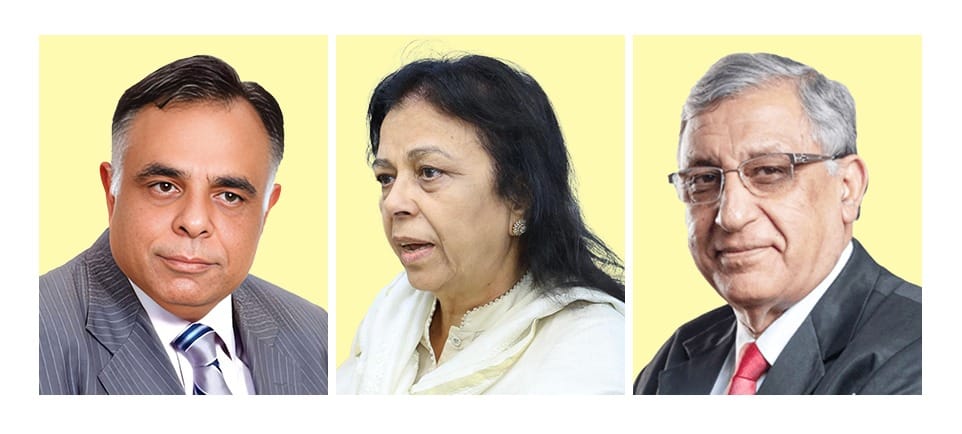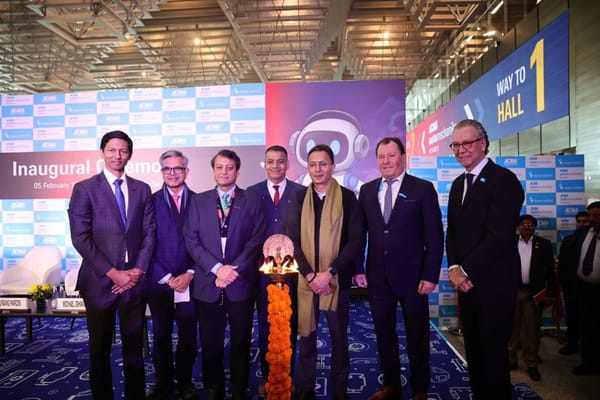World Thalassemia Day

On World Thalassemia Day, India’s leading clinicians, healthcare advocates, and affected families have come together to emphasize an urgent but simple message.
Thalassemia major, one of India’s most widespread inherited blood disorders, is preventable. And yet, every year thousands of children are born into a lifetime of painful transfusions and financial hardship. While treatment costs can go up to ₹4 to 5 lakh per child annually, a screening test costing just ₹150 can prevent the disorder altogether if done in time.
India continues to face one of the highest Thalassemia burdens globally. With 863 births occurring daily in Delhi and a 95.6 percent institutional delivery rate, the city is uniquely positioned to lead a prevention-first model. The strategy focuses on two critical points. All pregnant women should be screened during their first trimester. At the same time, individuals between 18 to 40 years of age
should undergo voluntary testing, especially in colleges, workplaces, and during pre-marital counseling. These simple steps can prevent carrier marriages and future Thalassemia major births.
Dr Anupam Sachdeva, Co-Director of the Institute of Child Health at Sir Ganga Ram Hospital, said "Thalassemia major is an entirely preventable tragedy. For just ₹150, we can stop a child from a life of transfusions, hospital visits, and emotional trauma. The science is clear, the solution is simple. We must make Thalassemia screening a standard part of antenatal care across India just like we do for blood sugar or hemoglobin. Prevention is not only possible it is necessary."
"Delhi’s healthcare system is well-positioned to support this effort. The city has more than 150 diagnostic labs equipped with HPLC and D10 machines including top institutions like AIIMS, Sir Ganga Ram Hospital, Apollo Hospital, Safdarjung Hospital, Lal PathLabs, Rajiv Gandhi Cancer Institute, and Holy Family Hospital. Each center can screen up to 180 individuals per day. This is not a challenge of
resources but of prioritization", Mrs Shobha Tuli, Secretary of Thalassemics India, added.
Ayushman Bharat, under the National Health Authority, currently supports Thalassemia patients who fall below the poverty line. But the reality is that the cost of managing Thalassemia is a burden even for middle-income families.
If health for all is the goal, Thalassemia must receive not just symbolic inclusion but real priority. It deserves structural support and national attention.
Countries like Iran and several others have made Thalassemia screening mandatory before marriage and during early pregnancy. These preventive measures have led to dramatic reductions in new Thalassemia major births. India should also follow this proven path. We strongly urge the Union Ministry of Health to introduce a national regulatory mandate for Thalassemia testing in the first
trimester of pregnancy and across the reproductive age group. This is no longer a matter of choice but of responsibility.
While curative treatments like bone marrow transplants exist they are often financially out of reach for most families. The Thalassemia Bal Sewa Yojana or TBSY, a CSR initiative by Coal India under the Ministry of Health and Family Welfare, offers ₹10 lakh per child. The program has already enabled over 600 children to undergo curative transplant procedures. But the ultimate goal must be
prevention so that fewer children ever need such intervention in the first place.
Dr VK Khanna, In-Charge of the Thalassemia Unit at Sir Ganga Ram Hospital, said
"Our own hospital has screened over 50,000 pregnancies in the last 25 years and we have had zero births of Thalassemia major from that pool. The model works. The infrastructure is ready. What we need now is political and regulatory momentum to replicate this across the city and eventually the country".
A parent of a Thalassemia major child added anonymously, "We have been managing this condition for eight years now. Every few weeks our child needs a transfusion and the cost keeps mounting. Even with both of us working, it is emotionally and financially exhausting. We are not below the poverty line but we still need support. We hope the government recognises our struggle and expands access for families like ours".
Thalassemics India calls upon hospitals, laboratories, educational institutions, and civic agencies across Delhi to support this initiative. With collective will and timely screening, Delhi can become the country’s first Thalassemia-free city and a global model for prevention.




